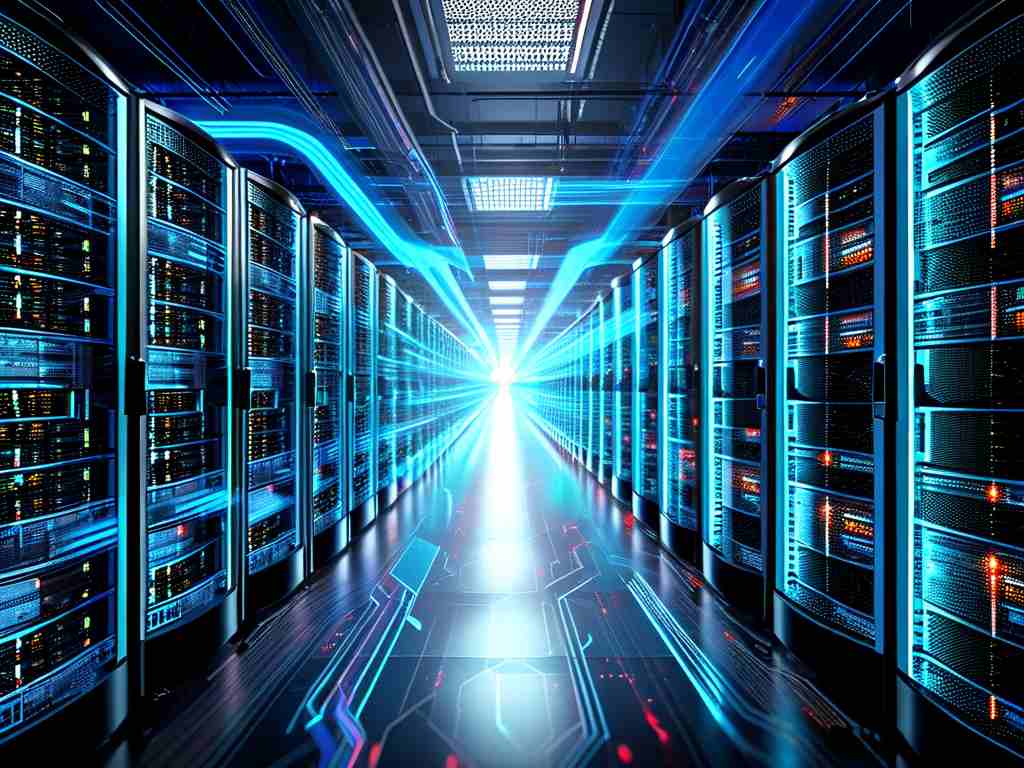In today's demanding digital landscape, application performance and availability are non-negotiable. Organizations rely on robust, intelligent load balancing solutions like those offered by Radware to ensure seamless user experiences, optimize resource utilization, and maintain business continuity. While the hardware and software are sophisticated, the Radware Load Balancer Technical Support provided is equally critical for maximizing the value and resilience of these deployments. This holistic support ecosystem empowers IT teams to navigate complexities, resolve issues swiftly, and leverage their Radware investment to its fullest potential.

Radware's load balancing portfolio, including the renowned Alteon application delivery controller (ADC) and AppWall web application firewall (WAF), delivers advanced capabilities such as local and global server load balancing (GSLB), application acceleration, SSL offloading, DDoS protection, and intelligent traffic management. These features are essential for handling modern application architectures, cloud migrations, and unpredictable traffic surges. However, the inherent complexity of these environments means that expert guidance and rapid assistance are paramount. This is where Radware's dedicated technical support steps in, acting as a strategic partner rather than just a helpdesk.
The core value proposition of Radware Load Balancer Technical Support lies in its depth of expertise and proactive approach. Support engineers possess deep architectural knowledge of Radware solutions and extensive experience with real-world deployment scenarios across various industries. This expertise translates into more than just troubleshooting; it enables support teams to provide:
- Rapid Resolution and Root Cause Analysis: When issues arise – be it performance degradation, configuration challenges, or unexpected behavior – Radware support is engineered for speed. Leveraging sophisticated diagnostic tools and a vast knowledge base, engineers work diligently to isolate the problem, provide effective workarounds if needed, and deliver a permanent resolution. Crucially, they focus on identifying the root cause to prevent recurrence, enhancing overall system stability. Access channels typically include phone, web portal, and email, often backed by Service Level Agreements (SLAs) defining response times.
- Proactive Guidance and Best Practices: Beyond reactive support, Radware engineers offer invaluable proactive advice. This includes guidance on optimal configuration for specific applications (like SAP, Oracle, or custom web apps), recommendations for firmware updates and patches to address vulnerabilities or enhance features, and insights into performance tuning based on observed traffic patterns. This proactive stance helps organizations avoid potential pitfalls and optimize their load balancing infrastructure continuously.
- Architectural Validation and Deployment Assistance: Especially during critical phases like new deployments, major upgrades, or significant configuration changes, Radware support can provide validation services. Engineers can review architectural designs and configuration plans to ensure alignment with best practices and business requirements, reducing deployment risks and accelerating time-to-value.
- Escalation Management and Specialized Tiers: Complex issues receive the necessary attention through defined escalation paths. Radware support structures often involve multiple tiers, with senior-level engineers and product specialists available to tackle the most intricate challenges. This ensures that even the most difficult problems have a path to resolution by the most qualified individuals within Radware.
- Knowledge Transfer and Empowerment: While resolving immediate issues is vital, empowering customer IT teams is a key long-term benefit. Support interactions often include knowledge sharing, explaining the "why" behind solutions, and directing users to relevant documentation or training resources. This builds internal competency, enabling customers to manage their Radware environment more effectively over time.
Consider the scenario of a large e-commerce platform experiencing intermittent slowdowns during peak holiday traffic. Internal monitoring flags high latency on the checkout servers. The in-house team suspects the Radware Alteon load balancer might be the bottleneck but lacks the deep visibility or expertise to confirm and rectify it quickly. Engaging Radware Technical Support provides immediate access to experts who can:
- Analyze detailed performance metrics and logs from the Alteon device.
- Correlate traffic patterns with server health and application response times.
- Identify if the issue stems from misconfigured persistence settings, suboptimal health monitoring thresholds, insufficient SSL offloading capacity, or even an underlying network problem the load balancer is reflecting.
- Provide precise configuration adjustments or recommend scaling actions (like enabling additional virtual instances or adjusting algorithms) to alleviate the bottleneck.
- Potentially uncover application-layer inefficiencies contributing to the load.
This targeted intervention, backed by deep product knowledge, minimizes downtime during a critical revenue-generating period and provides actionable insights for future capacity planning.
Radware often enhances its core technical support with value-added services. These might include:
- Technical Account Management (TAM): For strategic customers, a dedicated TAM acts as a single point of contact, offering proactive reviews, customized reporting, upgrade planning, and advocacy within Radware.
- Health Checks: Periodic, in-depth assessments of the load balancer configuration and operational health, identifying potential risks and optimization opportunities.
- Firmware Management Services: Assistance with planning and executing firmware upgrades with minimal disruption.
- Emergency Hardware Replacement: Critical for minimizing downtime in the event of physical appliance failure.
Choosing the appropriate Radware support level (often tiers like Basic, Advanced, Premium) is crucial. Higher tiers typically offer faster response times, 24/7 coverage, access to senior engineers, and inclusion of more value-added services like TAM or Health Checks. The choice depends on the business criticality of the applications being load balanced and the organization's risk tolerance.
Ultimately, Radware Load Balancer Technical Support is far more than just break-fix assistance. It's an investment in operational excellence and business resilience. By providing expert guidance, rapid problem resolution, proactive optimization, and knowledge transfer, Radware support empowers organizations to confidently rely on their load balancing infrastructure. It ensures that Radware solutions deliver consistently high performance, ironclad security, and unwavering availability – the foundational pillars for success in the digital age. This comprehensive support transforms the load balancer from a point solution into a resilient, optimized, and future-proofed component of the application delivery chain, directly contributing to superior end-user satisfaction and business outcomes.

